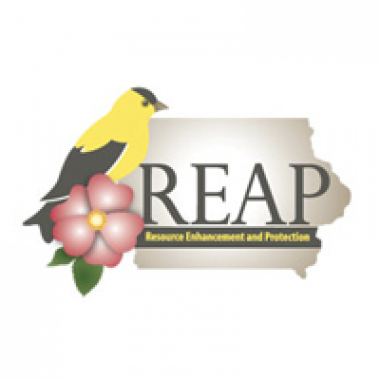Urban Outdoors Teacher's Guide
People use science to understand the world around them. When you ask questions to understand the world around you, you are being a scientist. Imagine what you might discover when you start looking at your neighborhood, city or town like a scientist. Grab a grown-up and go explore.
Standards in this Theme
- 2-LS4-1: Make observations of plants and animals to compare the diversity of life in different habitats.
- 2-ESS2-1: Compare multiple solutions designed to slow or prevent wind or water from changing the shape of the land.
- 2-ESS2-2: Develop a model to represent the shapes and kinds of land and bodies of water in an area.
- 3-LS4-3: Construct an argument with evidence that in a particular habitat some organisms can survive well, some survive less well, and some cannot survive at all.
- 4-LS1-1: Construct an argument that plants and animals have internal and external structures that function to support survival, growth, behavior, and reproduction.
- 4-LS1-2: Use a model to describe that animals receive different types of information through their senses, process the information in their brain, and respond to the information in different ways.
- 5-LS2-1: Develop a model to describe the movement of matter among plants, animals, decomposers, and the environment.
Activity Book
Funding for FIND Iowa Provided By




